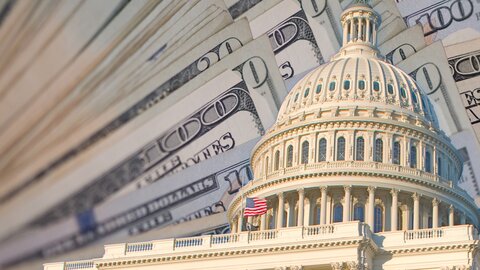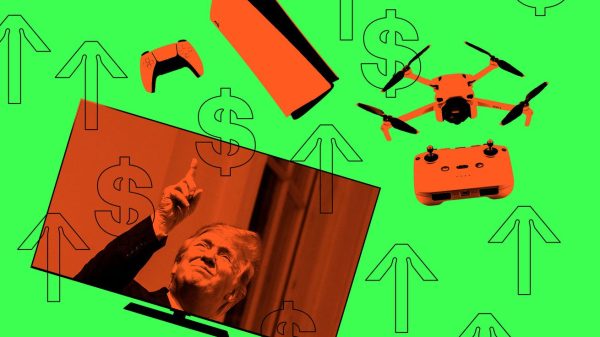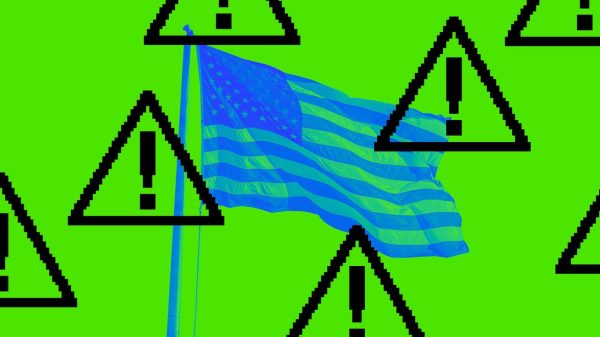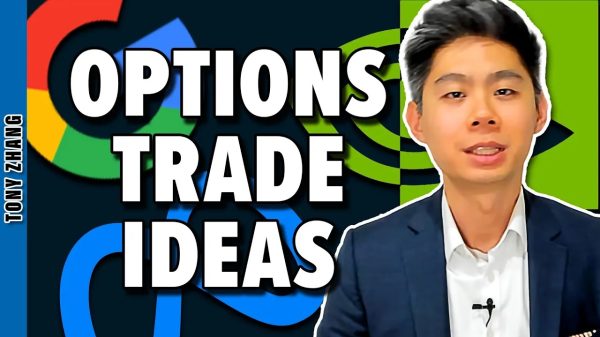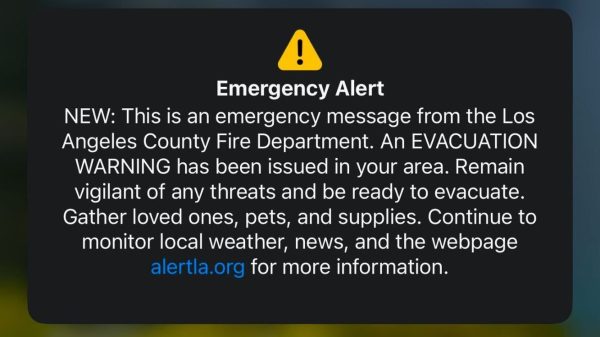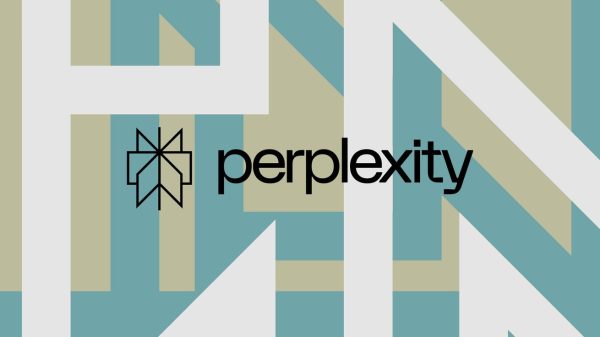On January 24, the US Department of Education announced that it was ending “Biden’s book ban hoax” by dismissing eleven active and six pending complaints with the Office of Civil Rights over public schools removing books from library shelves. Complainants alleged that the removals created a hostile environment for students. The department also eliminated the position of “book ban coordinator” created under the Biden administration. This pulls together two big problems in education: federal overreach and culture war.
The Trump administration is doing the correct federalism thing. The Constitution gives the feds no authority to govern education, leaving it to the people and the states. It does have civil rights enforcement power, but clashes of values—affirming children’s identities versus religious convictions, colorblindness versus ameliorating past wrongs—should not be subject to top-down imposition. Values differences need to be navigated by millions of freely acting people, both to maintain liberty and to reach social equilibria.
Of course, public schooling by its nature—government-established and run schools—does not allow people to freely interact. It requires that all pay for public schools governed by states and school boards that do the will of the political majority, or the minority with the most political power. This is a major reason that book battles are a constant presence. Americans are diverse, and public schools force them to engage in political struggles to decide who gets what they think is right and who does not.
Contentious issues are better handled at lower levels of government—state better than federal, local better than state. Smaller units are more likely to reflect the will of specific communities and they prevent bad decisions from being imposed on many people. But as long as there are any dissenters from what a school district decides, especially about deeply personal issues like gender, race, or religion, public schooling treats them unequally under the law.
The solution is school choice: funding following kids to educational options their families choose. Then all can seek what they think is best without imposing on others. At the federal level, Washington should generally stay out of culture war, which the Trump administration has done with book challenges but seems less inclined to do with diversity, equity, and inclusion (DEI). The latter is potentially at least as big a problem as dictating book policies—we will see how it plays out.
In a world where decent people constantly disagree, imposing one answer on everyone is almost always the wrong policy.

